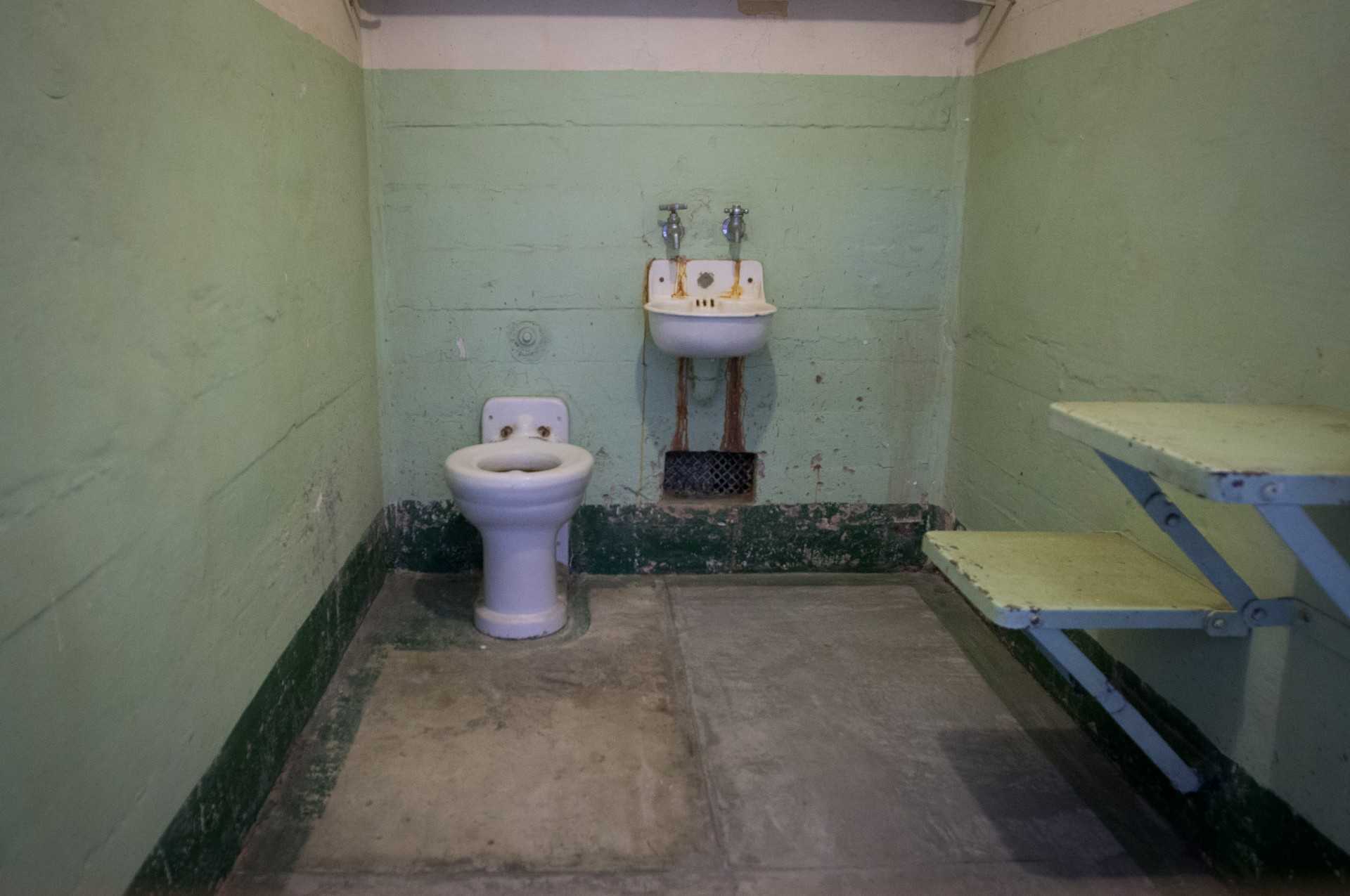 SAN FRANCISCO, Calif. — The Ninth Circuit Court of Appeals has ruled that the Idaho Department of Corrections must allow a male inmate who identifies as female to obtain a “sex change” operation as continued denial of the surgery violates the constitutional prohibition against “cruel and unusual punishment.” The governor of Idaho has vowed to appeal to the U.S. Supreme Court.
SAN FRANCISCO, Calif. — The Ninth Circuit Court of Appeals has ruled that the Idaho Department of Corrections must allow a male inmate who identifies as female to obtain a “sex change” operation as continued denial of the surgery violates the constitutional prohibition against “cruel and unusual punishment.” The governor of Idaho has vowed to appeal to the U.S. Supreme Court.
“We hold that where, as here, the record shows that the medically necessary treatment for a prisoner’s gender dysphoria is gender confirmation surgery, and responsible prison officials deny such treatment with full awareness of the prisoner’s suffering, those officials violate the Eighth Amendment’s prohibition on cruel and unusual punishment,” wrote the three-judge panel, all of whom were nominated to the bench by then-President Bill Clinton.
“We urge the State to move forward. We emphatically do not speak to other cases, but the facts of this case call for expeditious effectuation of the injunction.”
As previously reported, a man who goes by the name Adree Edmo filed a legal complaint against the Department of Corrections in 2017 as a prison doctor concluded that Edmo did not meet criteria indicating that the operation is medically necessary. A Management and Treatment Committee concurred with the assessment and denial.
Last December, a federal judge ruled in favor of the inmate, opining “that without surgery … Edmo is at serious risk of life-threatening self-harm.”
Judge B. Lynn Winmill, likewise a Clinton nominee, noted in his decision that Edmo attempted suicide in 2014, and sought to self-castrate himself in 2015 and 2016, despite being allowed to take female hormones years prior until he was considered “hormonally confirmed.”
He found that the Idaho State Correctional Institute wrote up disciplinary offense reports on Edmo for presenting himself as a woman, such as growing out his hair, wearing makeup and women’s undergarments and “acting in a feminine demeanor.” Recent policy changes now allow inmates statewide to present themselves in accordance with their “gender identity.”
Winmill opined that because of Edmo’s past attempts to harm himself, absent an order directing the prison system to allow him to obtain surgery, he will be at risk of “serious psychological harm and will be at high risk of self-castration and suicide.” He found the operation to be classified as a medical need.
“For more than forty years, the Supreme Court has consistently held that consciously ignoring a prisoner’s serious medical needs amounts to cruel and unusual punishment in violation of the Eighth Amendment,” he wrote.
“Prison authorities thus treat inmates with all manner of routine medical conditions — broken bones are set; diabetic inmates receive insulin; inmates with cancer receive chemotherapy; and so on. This constitutional duty also applies to far less routine, and even controversial, procedures — if necessary to address a serious medical need. And so it is here,” Winmill asserted.
On Aug. 23, the Third Circuit Court of Appeals upheld Winmill’s ruling, opining that Edmo would suffer “irreparable harm — in the form of ongoing mental anguish and possible physical harm” if an injunction against the Department of Corrections is not issued.
“It is no leap to conclude that Edmo’s severe, ongoing psychological distress and the high risk of self-castration and suicide [he] faces absent surgery constitute irreparable harm,” it wrote. “Moreover, the deprivation of Edmo’s constitutional right to adequate medical care is sufficient to establish irreparable harm.”
“‘[D]eliberate indifference to serious medical needs of prisoners’ violates the Eighth Amendment,” the court ruled. “The district court permissibly credited the opinions of Edmo’s experts that GCS is medically necessary to treat Edmo’s gender dysphoria and that the State’s failure to provide that treatment is medically unacceptable.”
The Republican governor of Idaho, Brad Little, said in a statement that he plans to appeal to the U.S. Supreme Court as he found the Ninth Circuit ruling to be “extremely disappointing.”
“The hardworking taxpayers of Idaho should not be forced to pay for a convicted sex offender’s gender reassignment surgery when it is contrary to the medical opinions of the treating physician and multiple mental health professionals,” he wrote.
 As previously reported, while some view transgenderism as a medical condition, Christians believe the matter as a spiritual issue — one that stems from the same predicament all men everywhere face without Christ.
As previously reported, while some view transgenderism as a medical condition, Christians believe the matter as a spiritual issue — one that stems from the same predicament all men everywhere face without Christ.
The Bible teaches that all men are in the exact same predicament: All are born with the Adamic sin nature and are therefore “by nature the children of wrath” (Ephesians 2:3), having various inherent inclinations that are contrary to the law and will of God and being utterly incapable of changing by themselves (Job 14:4).
It is why Jesus came: to “save His people from their sins” (Matthew 1:21) and that they might be “saved from wrath through Him” (Romans 5:9) — taking out of the way for those who are saved both the penalty for, and the power of, sin.
Jesus outlined in John 3:5-7 that men must be regenerated by the second birth, and be transformed from being in Adam to being in Christ, or they cannot see the kingdom of Heaven. This work of the Holy Spirit is known in Christianity as the doctrine of regeneration.
“But now being made free from sin, and become servants to God, ye have your fruit unto holiness, and the end everlasting life,” Romans 6:22-23 explains. “For the wages of sin is death, but the gift of God is eternal life through Jesus Christ our Lord.”
Become a Christian News Network Supporter...


